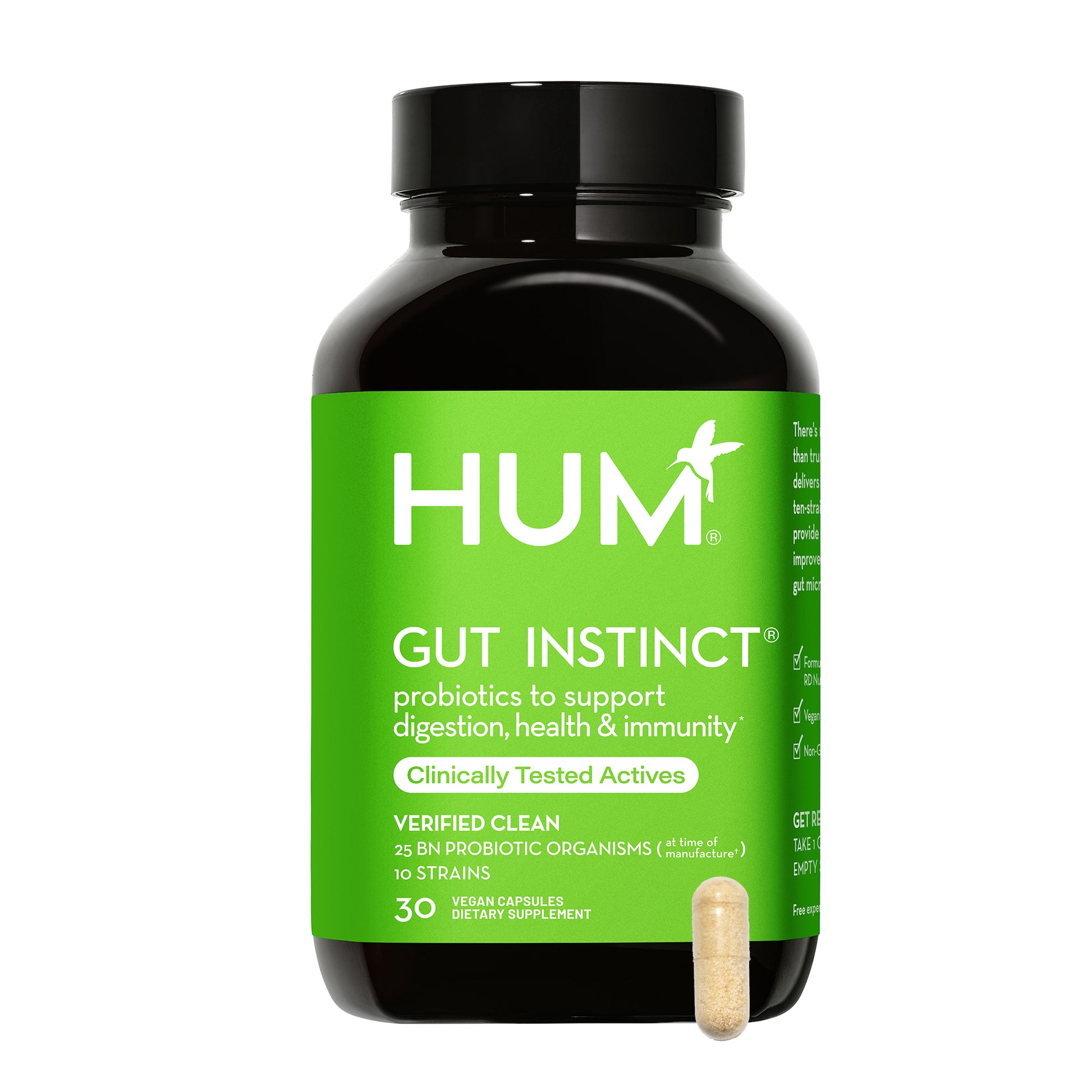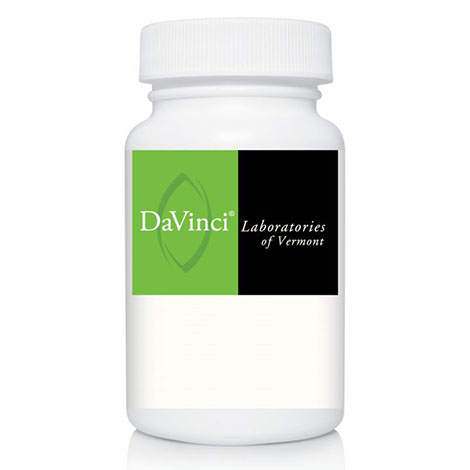Discover the Secret to Digestion and Immunity With Gut Health Assistance

Comprehending Intestine Health
Recognizing gut health and wellness is crucial for general health, as it plays a significant function in food digestion, immunity, and even psychological health. The gut, making up the gastrointestinal tract, is accountable for damaging down food, absorbing nutrients, and removing waste. A well balanced intestine environment guarantees effective food digestion, allowing the body to utilize nutrients successfully.
In addition, gut health considerably affects the body immune system. The intestine houses a substantial portion of the body's immune cells, and a healthy digestive tract can assist ward off microorganisms and minimize swelling. Disturbances in intestine wellness can bring about an over active immune response, potentially contributing to autoimmune disorders and allergies.
Additionally, the gut is frequently described as the "2nd mind" because of the gut-brain axis, an intricate interaction network linking the brain and the gut. This link influences state of mind, cognition, and psychological wellness. Problems such as dysbiosis, defined by a discrepancy in intestine bacteria, have actually been connected with psychological health and wellness conditions, including anxiousness and depression.
The Intestine Microbiome Explained

The intestine microbiome, a diverse community of microbes staying in the intestinal system, plays a pivotal role in maintaining digestive wellness and general well-being. Consisting of trillions of germs, viruses, fungis, and other microbes, this complicated community help in the digestion of food, the synthesis of important nutrients, and the law of metabolic processes.
Each person's digestive tract microbiome is unique, affected by elements such as diet regimen, way of life, genes, and environmental direct exposures. A balanced microbiome sustains optimal food digestion by breaking down complicated carbohydrates, creating short-chain fats, and assisting in the absorption of nutrients. Conversely, a discrepancy, often described as dysbiosis, can lead to digestion disorders, including short-tempered bowel syndrome (IBS) and inflammatory digestive tract disease (IBD)
Study has demonstrated that a varied microbiome is related to much better wellness outcomes, highlighting the relevance of dietary options in supporting these microbes. Foods rich in fiber, probiotics, and prebiotics, such as fruits, vegetables, and fermented items, can advertise a healthy microbiome. Understanding the digestive tract microbiome is crucial for developing targeted interventions focused on boosting digestive health and stopping stomach conditions.

Connection Between Food Digestion and Immunity
A durable link exists between food digestion and resistance, highlighting the important duty of the gut in preserving total health and wellness. The stomach tract is home to trillions of bacteria that develop the intestine microbiome, which considerably affects both digestive processes and immune actions. This complex ecosystem help in breaking down food, soaking up nutrients, and offering important metabolites that support immune feature.
When digestion is effective, the digestive tract obstacle remains intact, preventing unsafe pathogens from going into the blood stream (gut health supplement). Conversely, inadequate digestion can result in a discrepancy in the microbiome, leading to dysbiosis, which has actually been linked to different wellness problems, including inflammatory problems and try this web-site autoimmune diseases. Roughly 70% of the immune system resides in the gut-associated lymphoid cells (GALT), which communicates carefully with the gut microbiome. This interplay makes sure that the immune system can effectively compare valuable and damaging substances.
Tips for Supporting Gut Wellness
Supporting digestive tract wellness is essential for preserving both gastrointestinal efficiency and a well-functioning immune system. To promote ideal gut health, take into consideration integrating numerous sensible methods into your daily regimen.
First, focus on hydration. Consuming alcohol sufficient water sustains food digestion and helps keep the mucosal click this cellular lining of the intestines. In addition, regular physical activity can boost digestive tract mobility and promote a diverse microbiome.
Mindful eating methods are also important. Chewing food completely and eating gradually can help food digestion and prevent overindulging, which might emphasize the gut. In addition, managing tension via strategies such as reflection, yoga, or deep-breathing exercises can positively affect digestive tract health and wellness, as stress is understood to interrupt digestive system processes.
Including prebiotics and probiotics right into your routine is another reliable approach. While specific foods will be gone over later on, understanding the relevance of these parts is vital. Prebiotics work as food for advantageous digestive tract germs, while probiotics present real-time useful microorganisms.
Finally, stay clear of too much use of anti-biotics, as they can interrupt the equilibrium of intestine plants. By adhering to these ideas, you can substantially add to the upkeep of a healthy and balanced intestine, which is important for overall health and wellness and vigor.
Foods That Promote Digestive Tract Wellness

Fermented foods, such as yogurt, kefir, sauerkraut, and kimchi, are rich in probiotics, which are valuable click here for more microorganisms that support digestive tract vegetations and boost food digestion. These foods can assist recover balance in the digestive tract, specifically after antibiotic usage or digestion disruptions.
In addition to fermented choices, prebiotic foods, such as garlic, onions, asparagus, and bananas, act as nutrients for these probiotics, promoting their development and activity. These soluble fibers sustain digestive tract motility and can reduce problems like irregularity.
Additionally, including high-fiber foods, including entire grains, vegetables, fruits, and vegetables, is essential for preserving a healthy and balanced intestine. Fiber aids in regular digestive tract movements and assists prevent gastrointestinal disorders.
Finally, omega-3 fats located in fatty fish, flaxseeds, and walnuts have anti-inflammatory residential or commercial properties that can better sustain intestine wellness. Stressing these foods in your diet plan can result in a durable digestion system and improved immune function.
Final Thought
In final thought, focusing on digestive tract health and wellness is necessary for maximizing digestion and boosting resistance. A well balanced digestive tract microbiome, influenced by dietary selections and way of life aspects, plays a vital role in nutrient absorption and inflammation decrease. Integrating fermented foods, prebiotics, and high-fiber alternatives, along with proper hydration and stress monitoring, can significantly promote gut health. By adopting these strategies, people can support overall wellness and vitality, opening the potential advantages of a well-functioning intestinal system.
Understanding intestine wellness is critical for general wellness, as it plays a considerable duty in food digestion, immunity, and even psychological health. The digestive tract houses a significant part of the body's immune cells, and a healthy and balanced intestine can assist fend off microorganisms and lower inflammation.In addition, the gut is usually referred to as the "second mind" due to the gut-brain axis, an intricate interaction network linking the brain and the intestine.A robust connection exists in between digestion and immunity, highlighting the essential duty of the digestive tract in maintaining general wellness.In final thought, prioritizing intestine health is essential for optimizing digestion and boosting immunity.